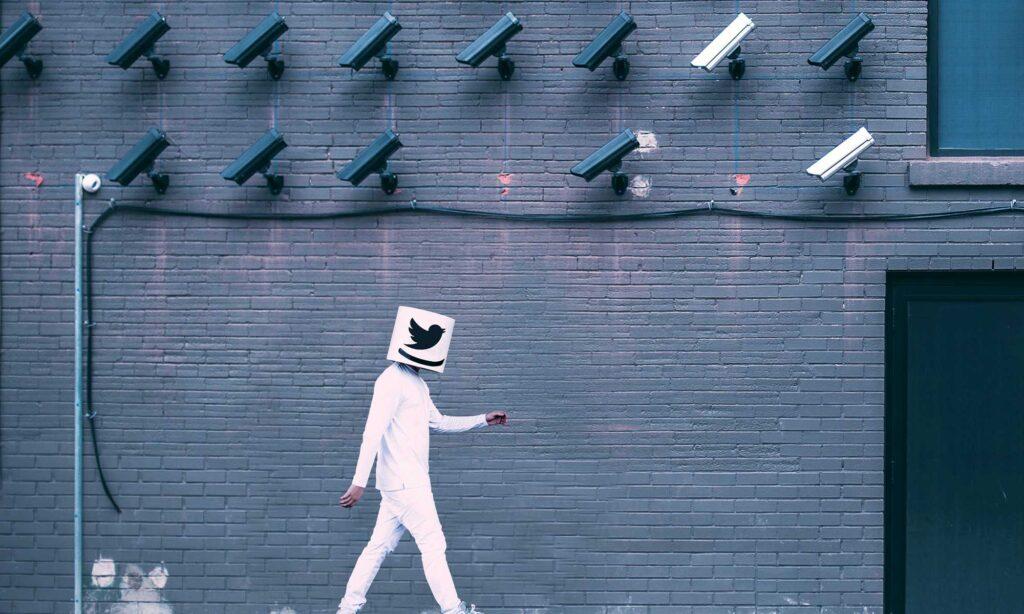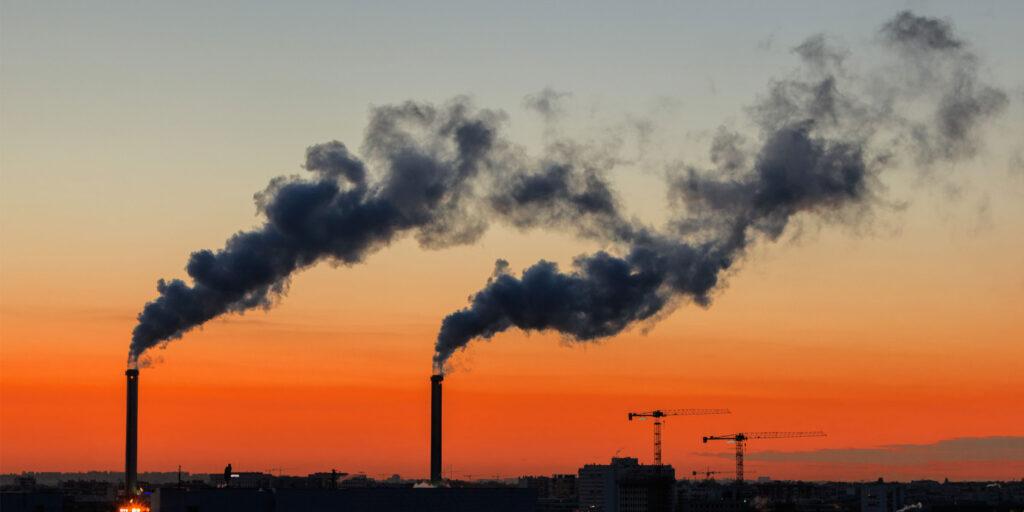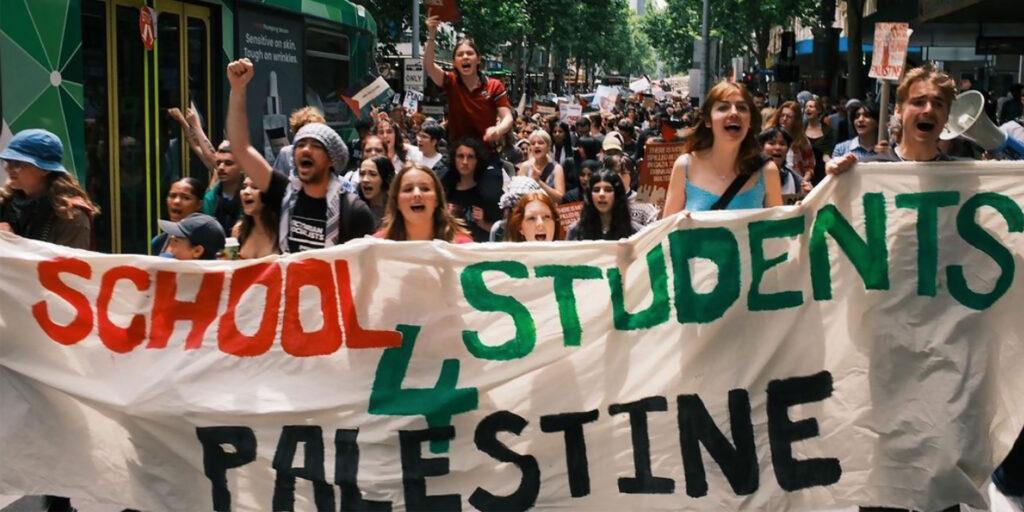The Australian Government secretly surveilled and sought to censor online Covid-related speech throughout the pandemic in partnership with Big Tech platforms, newly released documents show.
In March of this year, journalists Matt Taibbi and Michael Shellenberger testified to US Congress that they had uncovered a Censorship Industrial Complex during their investigation of Twitter’s internal files. In what became dubbed as the ‘Twitter Files’, Taibbi and Shellenberger, along with other notable independent journalists, documented a web of cosy collusion between government agencies, private sector think tanks and academic institutions working together with Big Tech to spy on and censor ordinary citizens. This was no conspiracy theory. For every claim, they provided receipts, which are now publicly documented for all to see.
The activities of this Censorship Industrial Complex were of the sort that people in free and democratic nations would more readily associate with authoritarian states. Activities such as: elaborate disinformation campaigns instigated by government agencies and think tanks in order to influence elections (e.g.: the Hunter Biden laptop coverup, and fake Russian bot disinfo used to tie Trump to Russia); censorship of true information that was inconvenient to government policy (called ‘malinformation’); and Twitter’s secret use of blacklists and visibility filters to suppress certain accounts, opinions and even entire topics.
Watching the Twitter Files information drops with interest, Liberal Senator Alex Antic wondered, “is this happening in Australia?” In December 2022, Senator Antic lodged a Freedom of Information request to find out, and last week, his suspicions were confirmed.
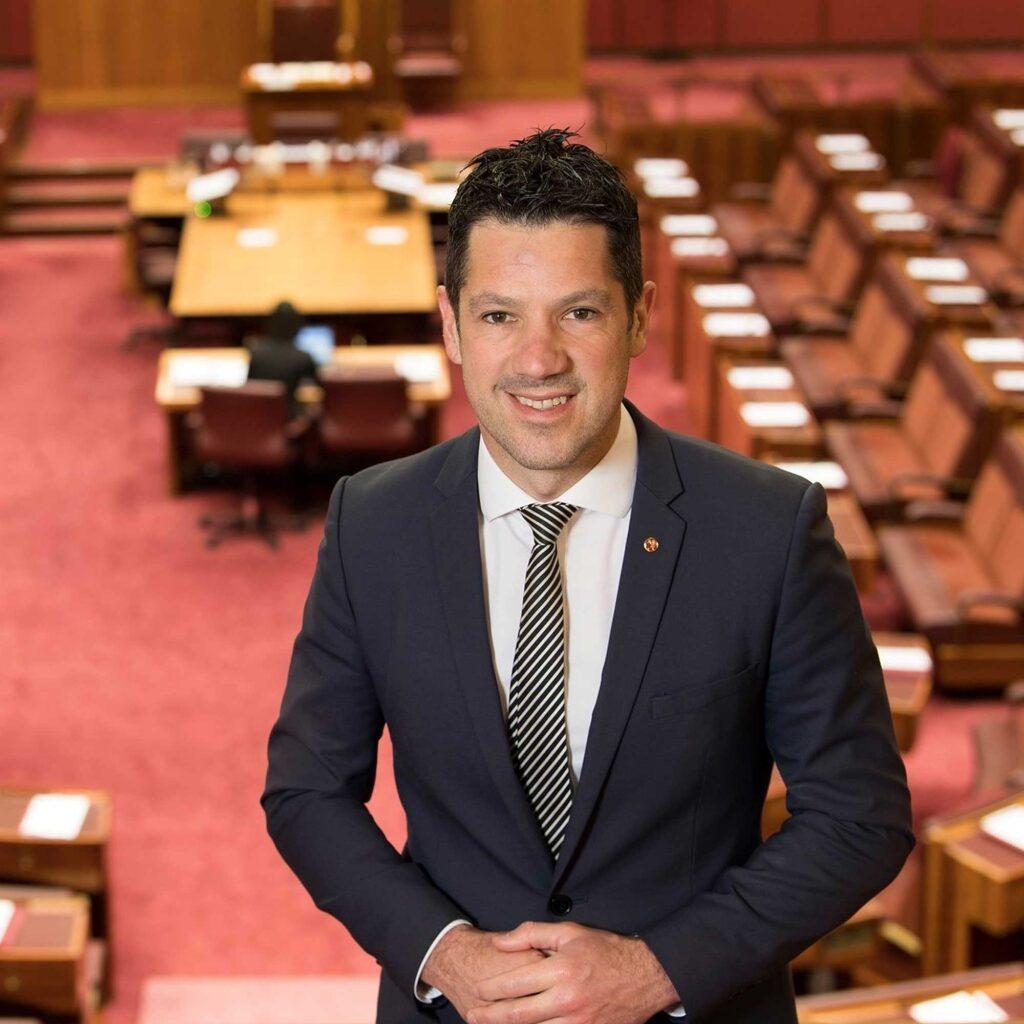
The Department of Home Affairs (DHA) surveilled Australians’ social media use, reporting 4,213 Covid-related social media posts to Big Tech platforms for removal or restriction up to 15 December 2022, documents obtained under Senator Antic’s FOI request show.
The involvement of DHA in monitoring Covid-related social media posts comes as a surprise, given that the Department’s purview includes border security, counter-terrorism and immigration, but not public health. The posts were reported to platforms under the Online Content Incident Arrangement (OCIA). A copy of the OCIA was provided in the FOI documents provided to Senator Antic, however, all 28 pages except for the cover were redacted.
In Senate Hearings last week, DHA representatives told Senator Antic that the OCIA was initially set up in the wake of the 2019 Christchurch shootings as a counter-terrorism effort to monitor and report Terrorism & Violent Extremist Content (TVEC). However, under the Scott Morrison Government, the Department was given the directive to, “lean in on Covid dis- and misinformation.”
Senator Antic responded, “What you’re describing, effectively there is a censorship industrial complex that arises out of the Department of Health, presumably ATAGI and the Therapeutic Goods Association (sic) directing traffic through the Department of Home Affairs to enforce that?”
Secretary of the Department, Michael Pezzullo AO, did not accept this characterisation, however, he confirmed that the DHA did receive funding to monitor social media posts related to Covid on behalf of the Department of Health (DOH). With the funding to continue until 30 June 2023, the DHA is still engaged in this activity.
While Senator Antic’s FOI release did not include specific information on what posts were taken down, a serendipitously timed Australian edition of the Twitter Files provides the detail.
In the files, 18 DHA emails were found, collectively requesting 222 tweets to be removed. The emails came from the “Social Cohesion Division” of the DHA’s “Extremism Insights and Communication” Office. Twitter Files reporter Andrew Lowenthal wryly notes the spelling error “Extremsim” in a DHA email signature, writing, “This is anti-disinformation 101: a group that can’t spell-check becoming the “fact-checking” authority for an entire nation… The same level of care was seemingly paid to requests and the value of free speech more broadly.”
Tweets reported by the DHA included information that later turned out to be true, jokes, a meme making fun of Dan Andrews, and tweets from accounts with as few as 20 followers. The DHA went so far as to report a tweet in which a user claimed that the Health Minister, Greg Hunt, had used “emotionally manipulative language,” signalling that, whether deliberately or not, the remit of this undertaking crept past the bounds of what could reasonably be considered to be dis- or misinformation.
Did it contain any of the images in this thread?https://t.co/kHRYGuf9SX
— PoliBard (@PoliBard) May 24, 2023
Lowenthal questions the health expertise of the DHA team assigned to monitoring Covid-related tweets, noting that the Department, “rarely provided evidence for their counter-claims and where they do, they rely on “fact-checking” organizations like Yahoo! and USA Today, rather than on Australia’s own scientists.” This blunt approach may in part be due to the fact that DHA outsources the task to a service provider, M&C Saatchi World Services (Australia).
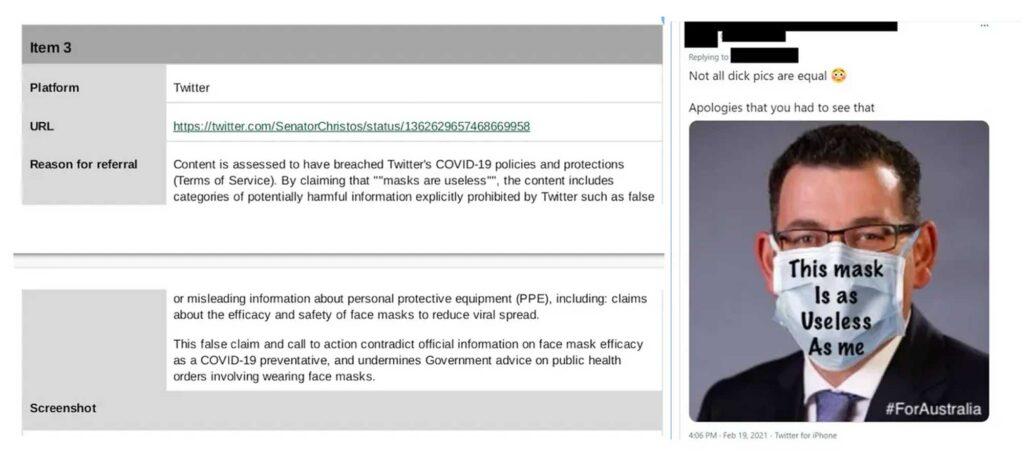
Whereas the American Twitter Files exposed a bullish Whitehouse and three-letter agencies strong-arming Twitter into carrying out their political will, the Australia-Twitter relationship appears more of a chummy arrangement, with the Twitter team referring to the DHA as “our GOV partner.” Rather than seeking to coerce Twitter and other Big Tech platforms into taking down content or user accounts, the Department acted more like a social media hall monitor, reporting posts to social media platforms based on what violates their own community guidelines.
The friendly relationship between Australian Government actors and Big Tech was not limited to the DHA and Twitter. Another FOI document release from February of this year shows that the DOH requested content reviews from Facebook, Twitter and Instagram, with the platforms responding obligingly.
In one takedown request to Twitter, the DOH reported a Tweet directly quoting the TGA’s Covid vaccine safety report. Twitter emailed back asking the DOH if there were any other Tweets that they would like the Twitter team to assess. In another email to Facebook, the DOH reported a group that was sharing, “vaccine reactions that are not substantiated.” Facebook responded that it had taken down the group.
The DOH and Twitter also emailed about using Moments as a tool to push Covid vaccine information to users from “reputable sites” such as the DOH, the TGA, the Australian Academy of Science, the NCRIS, and the WHO. The DOH also asked for assistance in managing paid dark posts on Twitter. Dark posts are targeted ads that show only in the feeds of targeted users.
All in all, from March 2020 to September 2022, the DOH spent almost $10 million on social media related to Covid.
“The degree of micromanagement is staggering,” says Senator Antic of the Australian Government’s interventions in managing online speech throughout the pandemic. “This looks like the creep of big government extending into censorship of everyday speech.”
Lowenthal concurs, writing in his Twitter Files wrap-up that the Australian government appeared to have, “freely [mixed] concepts of violent extremism and “social cohesion” with legitimate concerns of citizens regarding government panic, lack of expertise, and overreach.” Lowenthal reports that “little to none” of the flagged content in the Australian Twitter Files came from extremists. Rather, “it was and is from everyday Australians and foreigners who disagreed with government policy.”
The secrecy of these arrangements is of concern to Senator Antic, who questions, “is this the tip of the iceberg? Where does it end?” In last week’s Senate hearing, Senator Antic asked whether the same tactics would be used to monitor online speech about climate change or the Voice to Parliament referendum, but he received no direct answer from the DHA.
The extent of the Censorship Industrial Complex in Australia is as yet unknown, but there are breadcrumbs enough to indicate that further investigation is necessary.
Senator Antic concluded the Senate hearing with misgivings. “What I’m troubled by is the interjection of unelected bureaucrats into the realm of freedom of speech and into the realm of publishing, and of government departments generally,” he told those assembled.
Senator Antic is hardly alone in this, in Australia or around the world.
